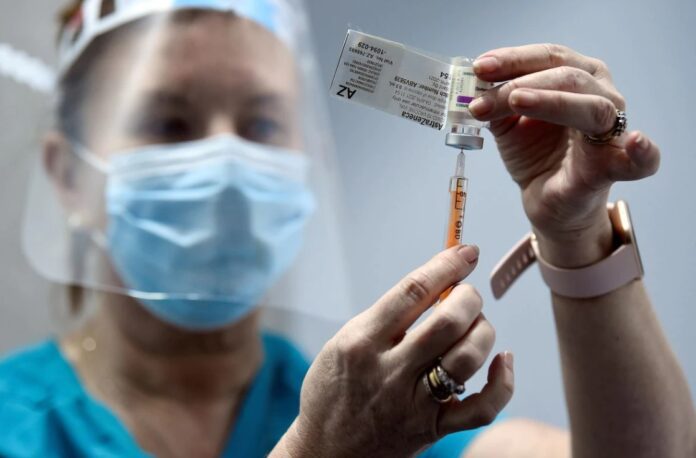COVID-19 vaccine hesitancy has dropped by 36 points over the past 10 months, according to the latest research carried out by Ipsos MRBI for the Irish Pharmaceutical Healthcare Association (IPHA), the representative organisation for the originator biopharmaceutical industry.
Last October, when IPHA began tracking public appetite for COVID-19 vaccines, 12% of people said they would not get vaccinated for the disease. In the same month, 33% said they were unsure. By this month, the proportion of people who said they will not get vaccinated for COVID-19 had dropped to 5%. Just 4% are unsure.
In the 18 to 34-year-old cohort, 86% either intend to get vaccinated for COVID-19 or have already received a vaccine for the disease. Last October, 19% of people in that age cohort said they would refuse a COVID-19 vaccine against 7% this month. A further 32% of 18 to 34-year-olds said they were unsure about COVID-19 vaccination last October compared with 8% this month.
In the 18 to 24-year-old cohort, 10% said they were unsure about getting a COVID-19 vaccine against 15% last month. In the same age cohort, 4% said they would refuse to get vaccinated for the disease – the same proportion as last month.
Overall, 91% of people either intend to get vaccinated for COVID-19 or have already received a vaccine for the disease, according to the research. The results show that 5% of people will take a COVID-19 vaccine. But when combined with the cohort that has received at least one COVID-19 vaccine dose, or 86% of the sample*, that number rises to 91%.
The industry urged continued uptake of COVID-19 vaccines across the eligible population.
Bernard Mallee, Director of Communications and Advocacy at IPHA, said: “It is clear that COVID-19 vaccines hesitancy has been declining sharply across the eligible population. Data shows how effective vaccination is at reducing serious illness, hospitalisations and deaths. We know that strict safety protocols are key in testing vaccines during trials and in monitoring them in the community. These safety protocols, combined with clear evidence of the effectiveness of vaccines in fighting COVID-19, boost public confidence.
“The COVID-19 vaccination rate in Ireland is very high and we are among the fastest countries in Europe to administer COVID-19 vaccinations. The health authorities deserve credit for the rollout of the vaccination programme just as our industry, working with others, merits recognition for discovering and manufacturing safe and effective COVID-19 vaccines in record time. Scientists are working hard to find answers for variants of concern.
“No vaccine is manufactured start-to-finish in one factory or even in one country. Ingredients can come from all over the world and, often, multiple sites are involved in production. So, it is vital that the integrity of the global supply chain is maintained. Governments should work towards reducing trade barriers. At the same time, we need to find ways to increase access to COVID-19 vaccines for developing countries through equitable dose-sharing.”
With the exception of clean, safe drinking water, vaccination is among the most successful and cost-effective public health interventions ever. The World Health Organisation estimates that vaccines save up to three million lives every year.
We have vaccines to prevent more than 20 life-threatening diseases, helping people of all ages live longer, healthier lives. Vaccines administered in Ireland already help to prevent 13 diseases including measles, meningitis and whooping cough. Vaccines have ridded the world of smallpox, driven polio to the brink of eradication, and virtually eliminated measles, diphtheria and rubella in many parts of the world.











